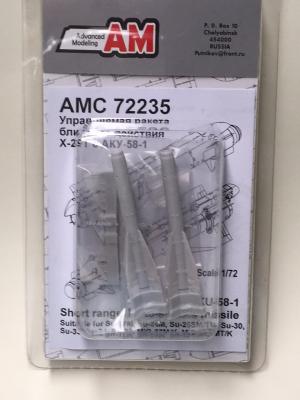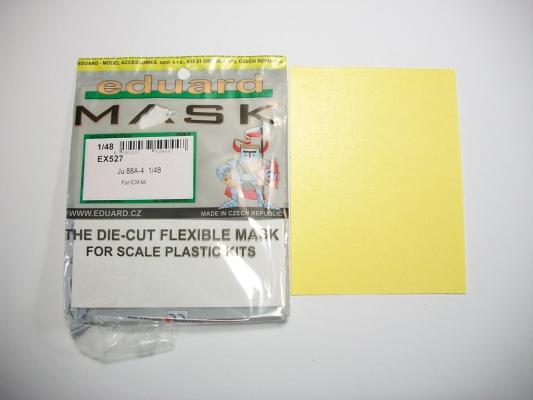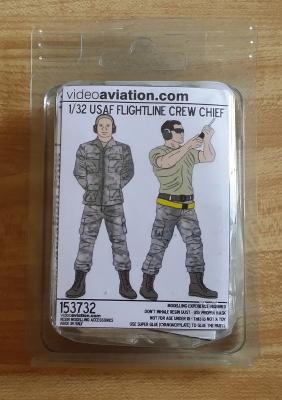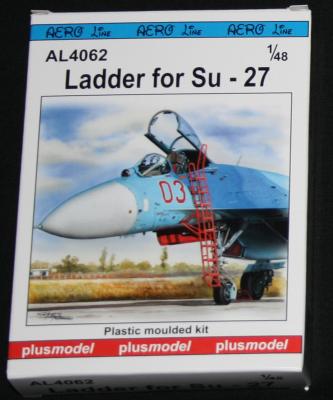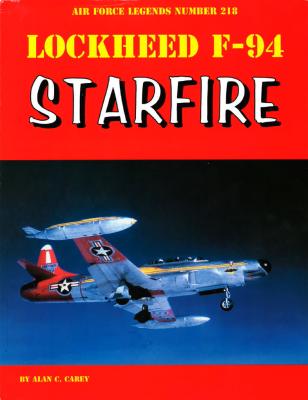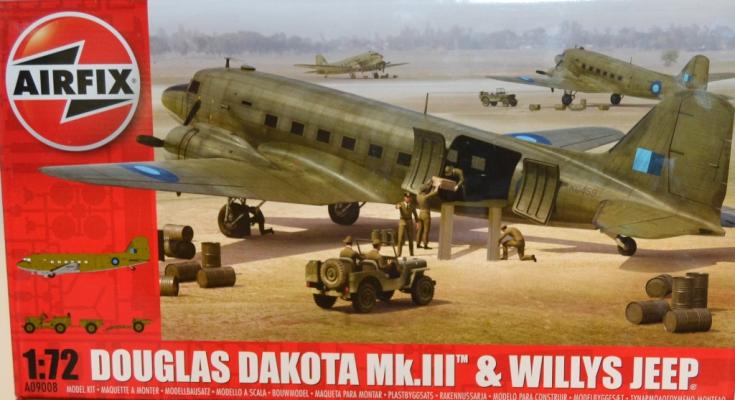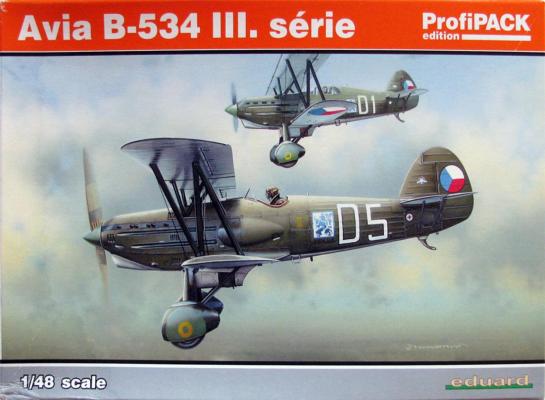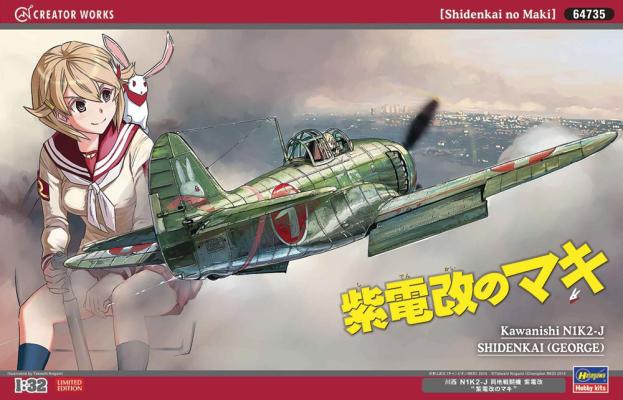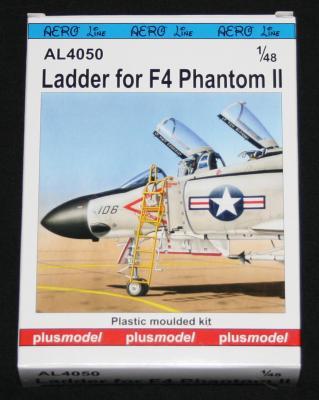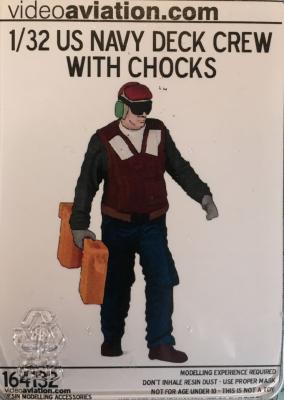The KH-29 (NATO: AS-14 'Kedge') is a Soviet air-to-surface missile with a range of 10–30 km designed for hard-to-hit targets such as reinforced concrete aircraft shelters, runways, reinforced concrete bridges and shall ships. It has a large warhead of 320 kg and can be fitted with a variety of seeker heads/guidance systems such as laser, infrared, active radar or TV guidance. The missile is typically carried by tactical aircraft such as the Su-17M3/4, Su-24M, Su-25TM/SM, Su-30, Su-34, Su-35, MiG-27M/K MiG-29SMT and the MiG-31.
Reviews
This is a mask set for the ICM Ju-88A-4 Kit. This set helps you save time masking the many canopies and glass areas plus the wheels by providing all you need in pre-cut masks.
In the packet is:
- 1 precut masking sheet
- 1 instruction sheet
The masks are for the front windscreen, main canopy and the wheel hubs
Summary
This is very good and time saving when it comes to masking. This is perfect for this kit and really helps due to the amount of glazed areas on the JU-88.
Thanks go to Eduard for providing this set to review and IPMS USA for allowing me to review it for them.
If you are building a 1/32 diorama of a modern USAF aircraft, these two Crew Chiefs would be a perfect addition. Having one or both of these figures would make the diorama “come alive”.
In the package, you get two figures, molded in resin, consisting of five parts. One figure is in the “Parade Rest” position, which is usually the pose that Crew Chiefs take when a jet is ready to taxi out. This figure comes as one piece on a runner. The runner is at the bottom of his boots. I found the resin to be very easy to cut with an X-acto style saw. One word of caution here – cut off slightly below the soles of the boots, and then sand the bottoms of the boots using sandpaper mounted on a flat surface. By doing this, he will stand upright without using any glue.
Plus Model, maker of fine detailed aftermarket products, just produced a ladder for the Russian SU-27 Flanker. What is unique about this item is that it is injection molded instead of resin or photo etch that other companies make. Although this does require some assembly, being able to make fine adjustments to better fit the various kits is a real bonus.
The kit comes in a sturdy box and the sprue is in a suitable plastic bag. The instructions are printed on the back of the box and are basic but sufficient to assist your build. The 15 parts have minimal flash which cleans up easily. There are eight steps with a small recess which are likely through holes on the real step. Note that the pattern is not symmetric and the instructions do not indicate what direction they go. Just note that so you can align them in the same direction.
Steve Ginter’s Lockheed F-94 Starfire is one of three of the latest in his Air Force Legends series. This edition is in their standard 8.5” x 11” format softbound publication that is 160 pages (excluding covers). I counted 406 photographs (15 in color) along with 82 drawings and 63 insignias.
Author Alan C. Carey is a noted military historian who was born in Orange County, California in a career military family. Carey got to Texas as soon as he could and achieved his Baccalaureate and Masters degree at Southwest Texas State. His interest in military aviation is primarily due to his father’s service from 1942-1966. Carey’s research on his father resulted in his father (and two members of his crew) receiving Distinguished Flying Crosses and Air Medals for their WWII service with VB-109. He ended up serving in the Marines as a machine gunner and in the Army Reserve ass a Nuclear, Biological, and Chemical Defense Specialist.
Background
"Four things won the Second World War-the bazooka, the Jeep, the atom bomb, and the C-47 Gooney Bird," said General Dwight D. Eisenhower.
The Dakota, the C-47’s designation in service with the Royal Air Force, was used in European and Southeast Asia (SEA) theaters of operation by the British throughout WW II. Modified from the civilian DC-3 airliner design, C-47/Dakota transports provided a host of unique benefits which included exceptional speed, payload, reliability, ruggedness, and versatility. Dakotas hauled everything from oxen to airborne troops, often operating from unimproved or improvised airfields near front lines.
History
The Avia B.534 was developed in 1934, and although obsolete by the time WWII started, it was used in combat as late as 1944! The 534 went through a few changes along the way, most notably the cockpit and landing gear. A 534 is credited with having been the last biplane to record an aerial victory (A Hungarian Ju 52 on Sept. 2nd, 1944).
The Kit
Inside the box are 4 sprue of grey and 1 of clear plastic, a decal sheet, photo etch fret, a sheet of painting masks and a 16-page instruction booklet. The plastic is is nice with very fine lines, little to no flash and no noticeable sink marks. The pre painted photo etch looks nice and the decals are very nice. One thing Eduard did was scale back on the photo etch fret as it looks like they give you just the parts needed for the III.Serie.
“Hagoromo Maki is going to an all-girls high school, a special one that allows its students to commute by plane! She and her first friend at school, Hasegawa Motiko, have found a plane and fixed it up for themselves to fly! However, it turns out that it was a plane used by a legendary pilot who protected the airspace for their school, and their school’s ace pilot does not approve of them having it. Will Maki be able to fly and protect the air for their school?” (tethydust)
But of course.
To Western sensibilities, Japanese pop culture sometimes offers seemingly bizarre juxtapositions, such as giant warrior robots shaped like teddy bears. Or a girl’s school involved in deadly aerial warfare with other schools using antique aircraft. Go figure.
Plus model, maker of fine detailed aftermarket products, just produced a ladder for the McDonnel Douglas F-4 Phantom II. What is unique about this item is that it is injection molded instead of resin or photo etch that other companies make. Although this does require some assembly, being able to make fine adjustments to better fit the various kits is a real bonus.
The kit comes in a sturdy box and the sprue is in a suitable plastic bag. The instructions are printed on the back of the box and are basic but sufficient to assist your build. I am not sure if the parts layout changed from previous releases but instructions indicate the steps (rungs) are separate parts but that is not so with what is on the sprue. That is very good since I can image how difficulty it would be to attach and align those parts. Hopefully the instructions will be updated on future releases. The 8 parts have minimal flash which cleans up easily.
Thank you Video Aviation for providing this elegant aircraft accessory deck crew figure, and thank you to the IPMS Reviewer Corps for letting me review it! I am very appreciative of all you do for the scale modeling community. Video Aviation is a small Italian company that offers a variety of diorama and vignette accessories in three scales that will make a welcome addition to aircraft displays. The casting masters are completely CAD designed and rapid prototyped for production. This allows the same figure to be easily produced in different scales.

